24/7 Helpline:
(866) 899-221924/7 Helpline:
(866) 899-2219
Learn more about Codeine Rehab centers in Union County

Other Insurance Options

WellPoint

Oxford

Ceridian

Optum

Access to Recovery (ATR) Voucher

BlueShield

Molina Healthcare

UMR

Health Partners

MVP Healthcare

Aetna

Anthem

Meritain

Sliding scale payment assistance

Magellan

GEHA

Choice Care Network

Providence

Horizon Healthcare Service

Covered California

Center for Human Development
Center for Human Development is a private rehab located in La Grande, Oregon. Center for Human Devel...

Jonathan M. Wainwright Memorial VA Medical Center – La Grande VA Community Based Outpatient Clinic
Jonathan M. Wainwright Memorial VA Medical Center - La Grande VA Community Based Outpatient Clinic p...

















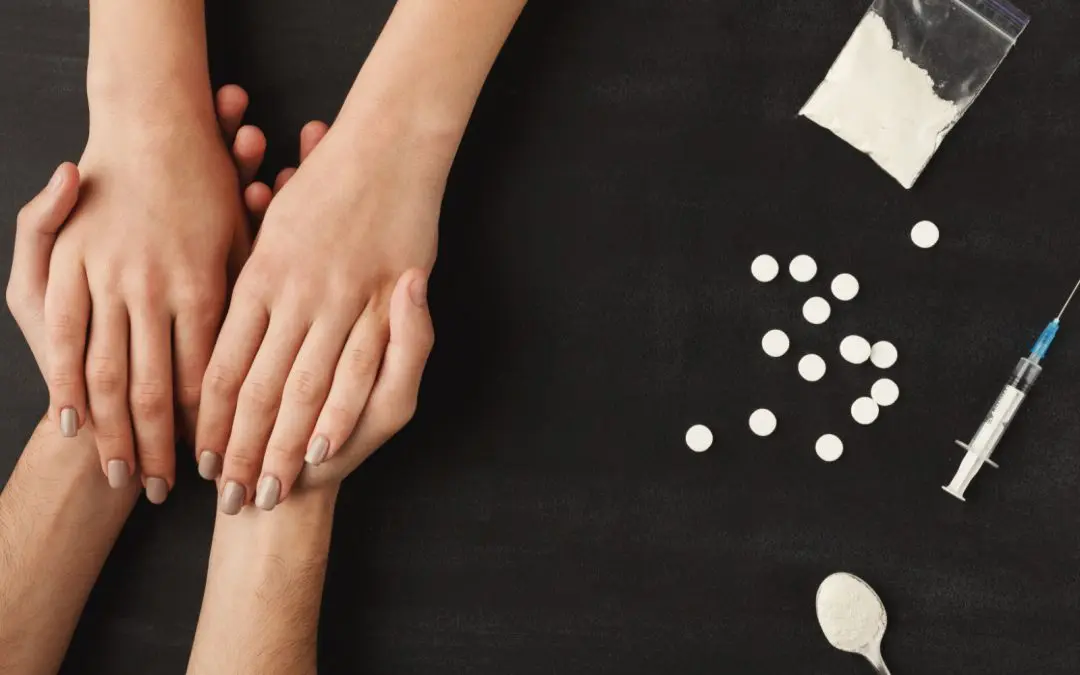


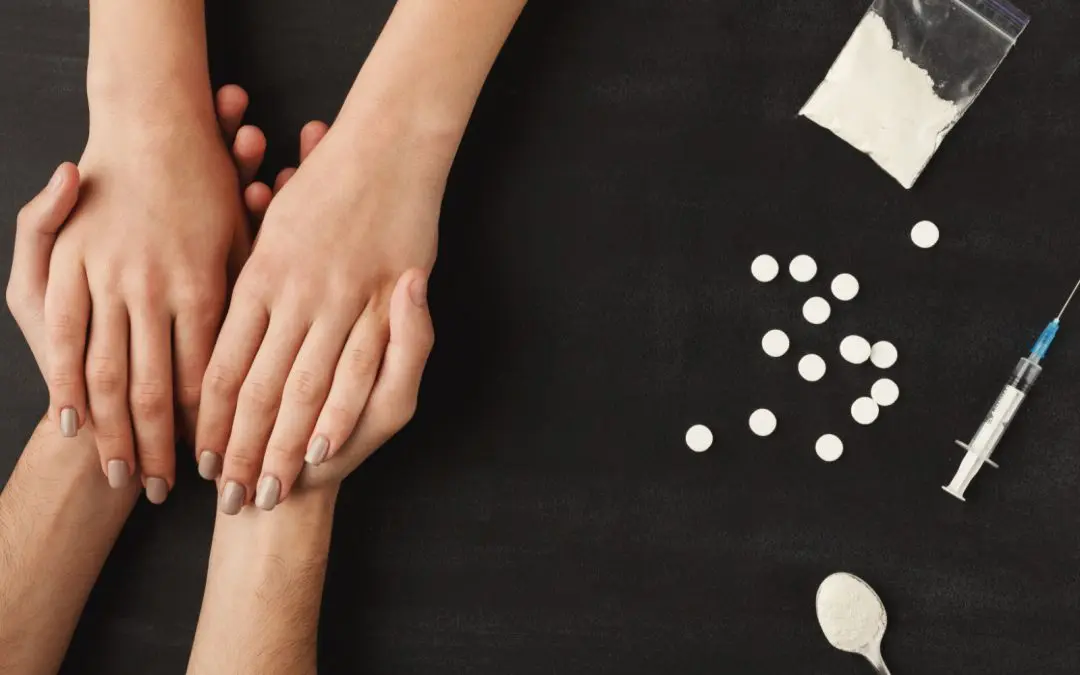











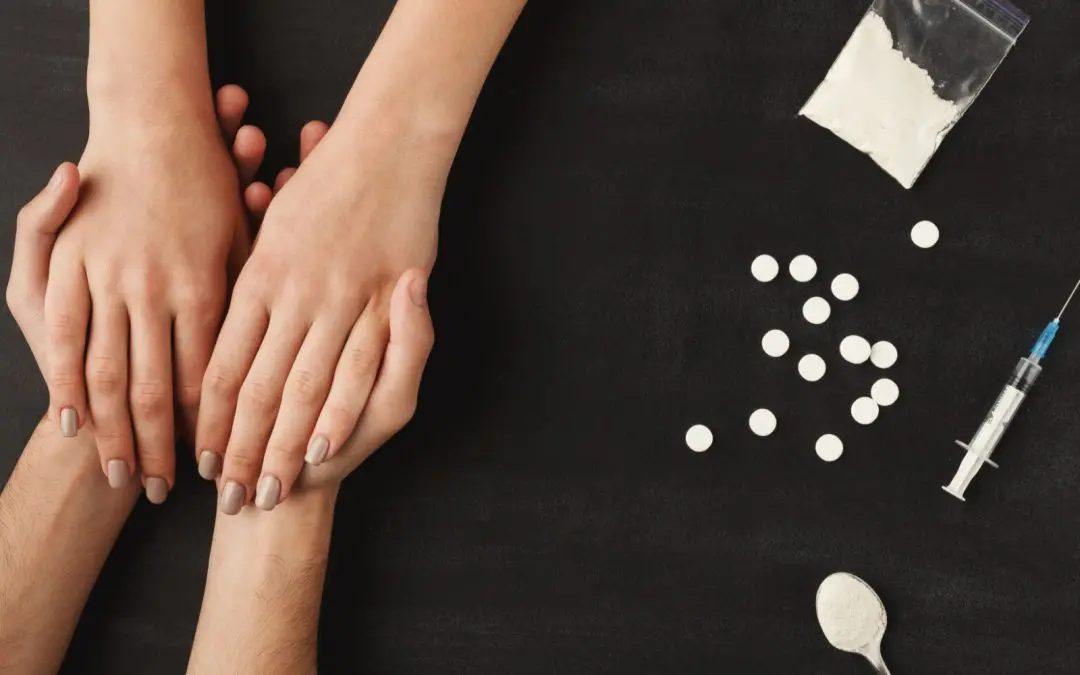










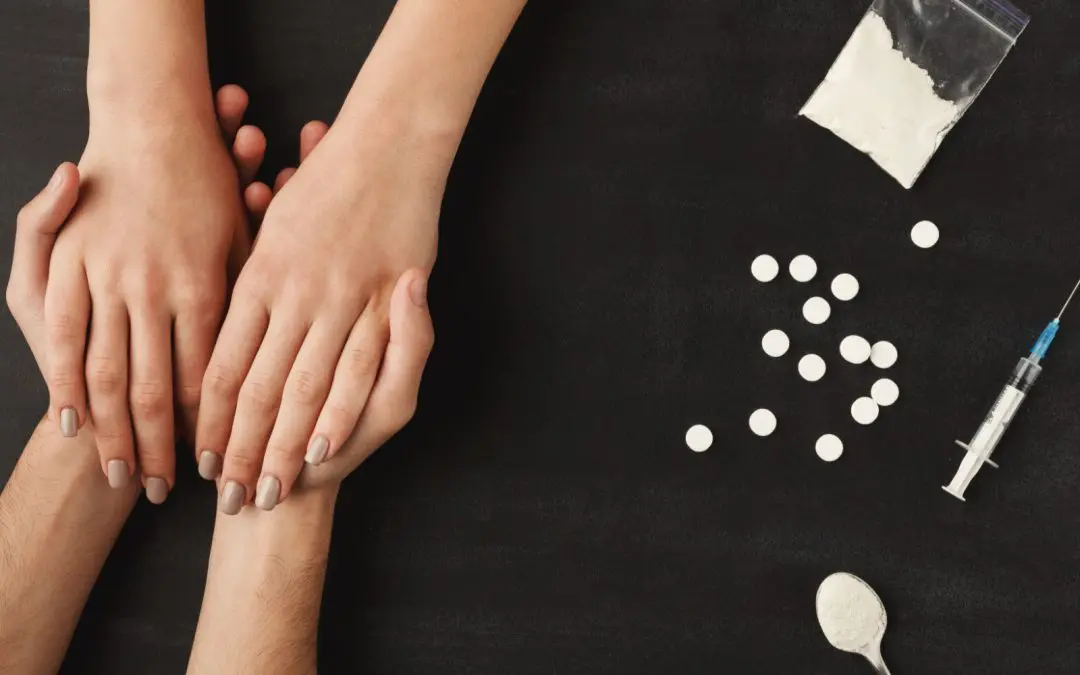













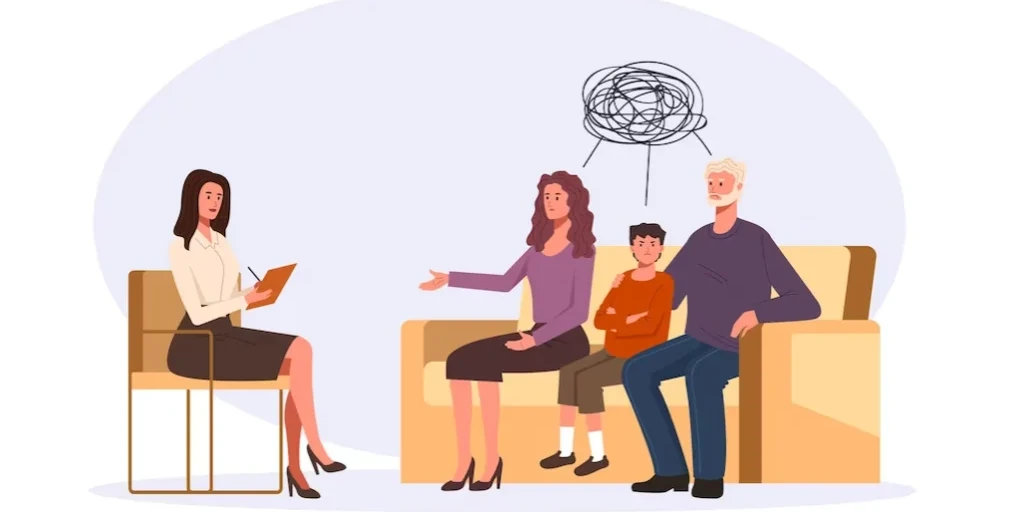






















Heart Steps Counseling Services
Heart Steps Counseling Services is a private rehab located in La Grande, Oregon. Heart Steps Counsel...

Grande Ronde Recovery
Grande Ronde Recovery is a private rehab located in La Grande, Oregon. Grande Ronde Recovery special...


















